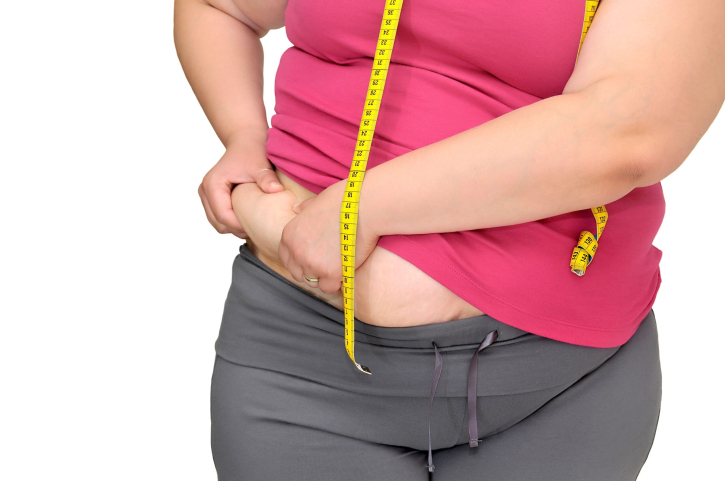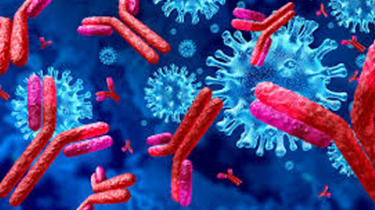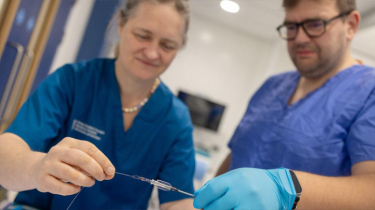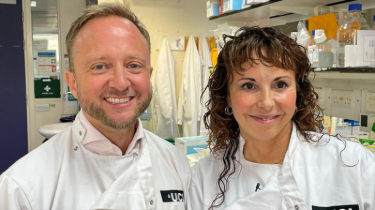Expert Tips to Reverse Fatty Liver Naturally

Published : 17:28, 13 July 2025
Fatty liver disease, one of the most common liver conditions worldwide, is often caused by unhealthy eating habits, obesity, and sedentary lifestyles. However, according to leading clinical dieticians, it is possible to reverse or manage fatty liver naturally through proper nutrition and simple lifestyle changes. Liver health plays a central role in maintaining overall bodily functions. It acts as the body’s main metabolic organ, processing most nutrients absorbed from food. After digestion, about 85 to 90 percent of blood from the stomach and intestines flows to the liver, where proteins are broken down into amino acids, carbohydrates into glucose, and fats into fatty acids. The liver also stores vitamins, minerals, and sugars, releasing them as needed, while detoxifying harmful substances, including drugs, toxins, and alcohol. Experts stress that nutrition directly impacts liver performance. When liver function is compromised due to excess fat accumulation, the entire metabolic process can be disrupted. The Mediterranean diet is widely recommended as one of the most effective dietary approaches to managing and reversing fatty liver disease. This diet emphasizes the intake of fresh fruits, vegetables, whole grains, lean proteins such as poultry and fish, and healthy fats like olive oil, nuts, and seeds. At the same time, it discourages consumption of red meat, processed foods, fried items, sugary drinks, and refined carbohydrates such as white flour products. Health specialists advise distributing food intake across three main meals and three small snacks throughout the day. A late-evening snack is considered particularly important as it helps reduce the long fasting period between dinner and breakfast. The final meal of the day should be consumed at least three hours before bedtime to support metabolic health. Maintaining regular meal timing is als-
o crucial. It is recommended not to leave more than two to three hours between meals. Food should be consumed slowly and mindfully. People are advised to stop eating before reaching full satiety, as the feeling of fullness generally sets in around fifteen minutes after finishing a meal. Several foods and habits must be avoided to prevent further liver damage. Alcohol is considered a major contributor to fatty liver disease and should be eliminated. Sugary foods such as candies, cookies, sodas, and packaged fruit juices increase blood sugar levels and promote fat buildup in the liver. Similarly, fried foods are high in calories and fat, posing an additional risk. High salt intake is also linked to non-alcoholic fatty liver disease. To reduce risk, sodium intake should be kept under 2,300 milligrams per day, and for individuals with high blood pressure, no more than 1,500 milligrams is advised. Though challenging at first, this reduction becomes easier over time as the palate adjusts. Processed white flour products should also be avoided, as they can spike blood sugar more rapidly than whole grains due to their low fiber content. Whole wheat, brown rice, and oats are preferred alternatives. According to the Chief Clinical Dietitian and Head of the
Department at United Hospital, who also serves as the Assistant General Secretary of the Bangladesh Association of Nutritionists and Dieticians for Social Service, a combination of diet control, meal planning, and regular physical activity is key to restoring liver health. She encourages patients to remain consistent in following healthy routines and to seek professional dietary guidance whenever necessary.
BD/S











